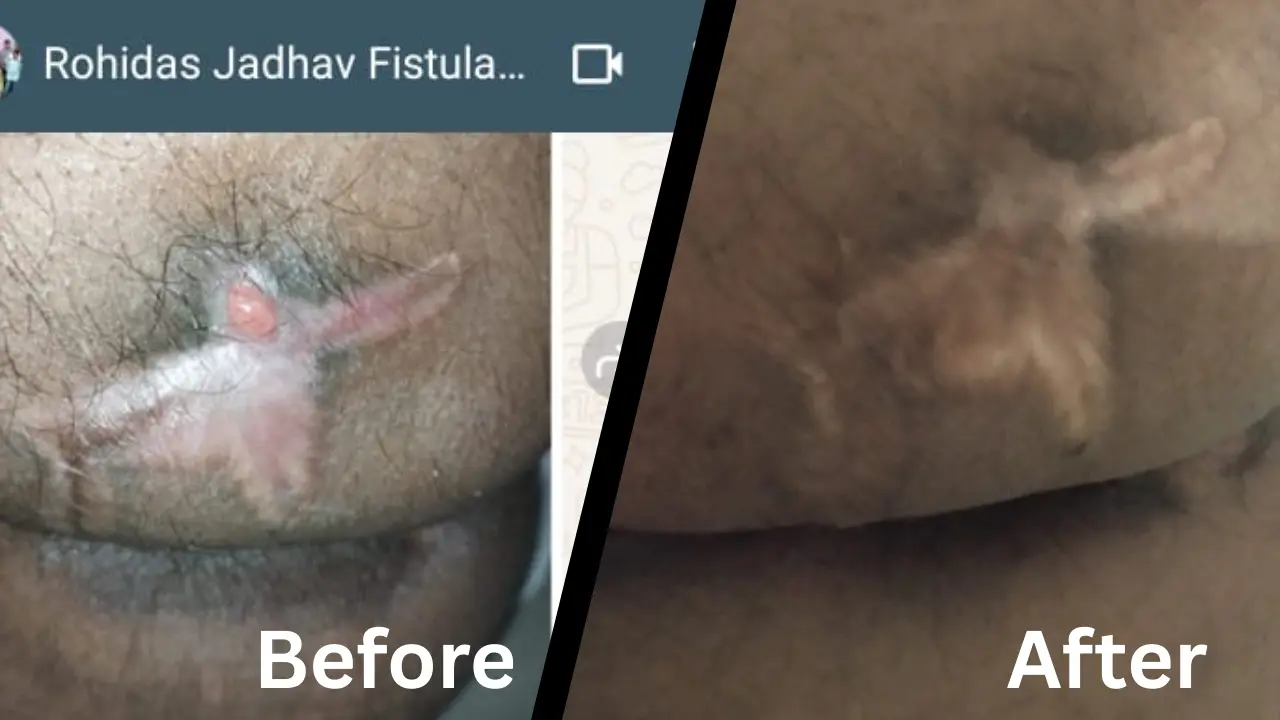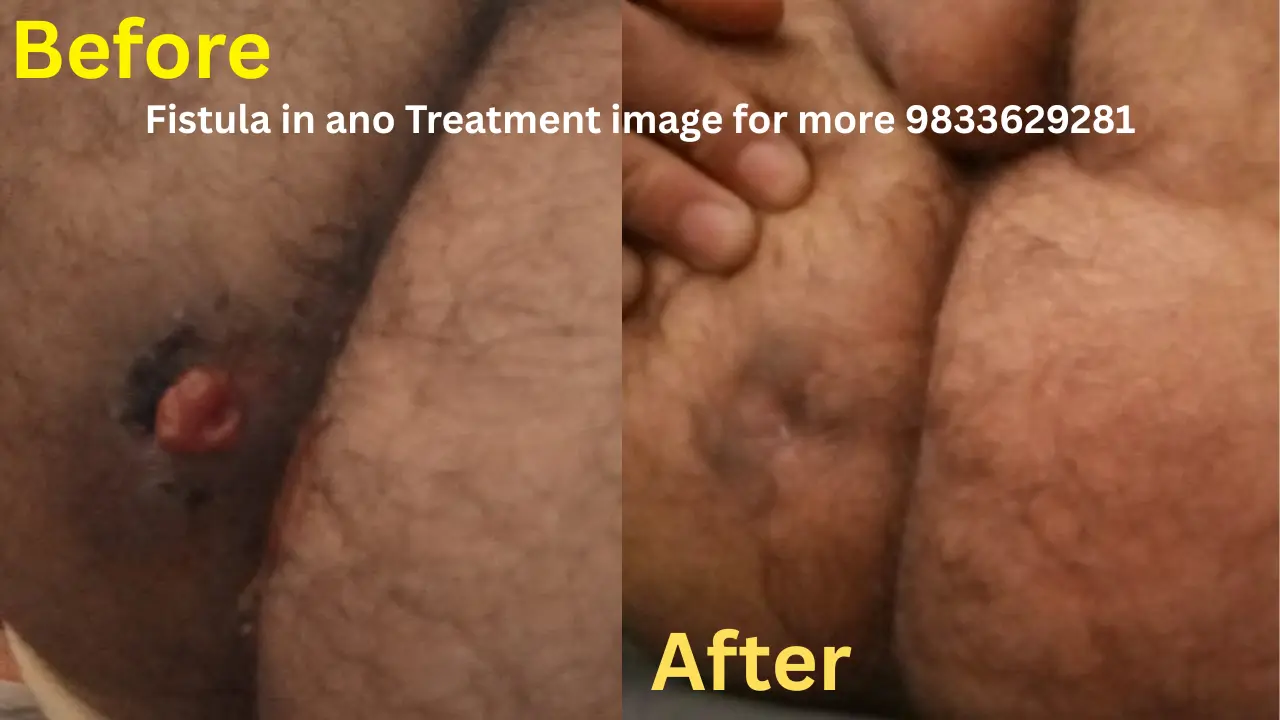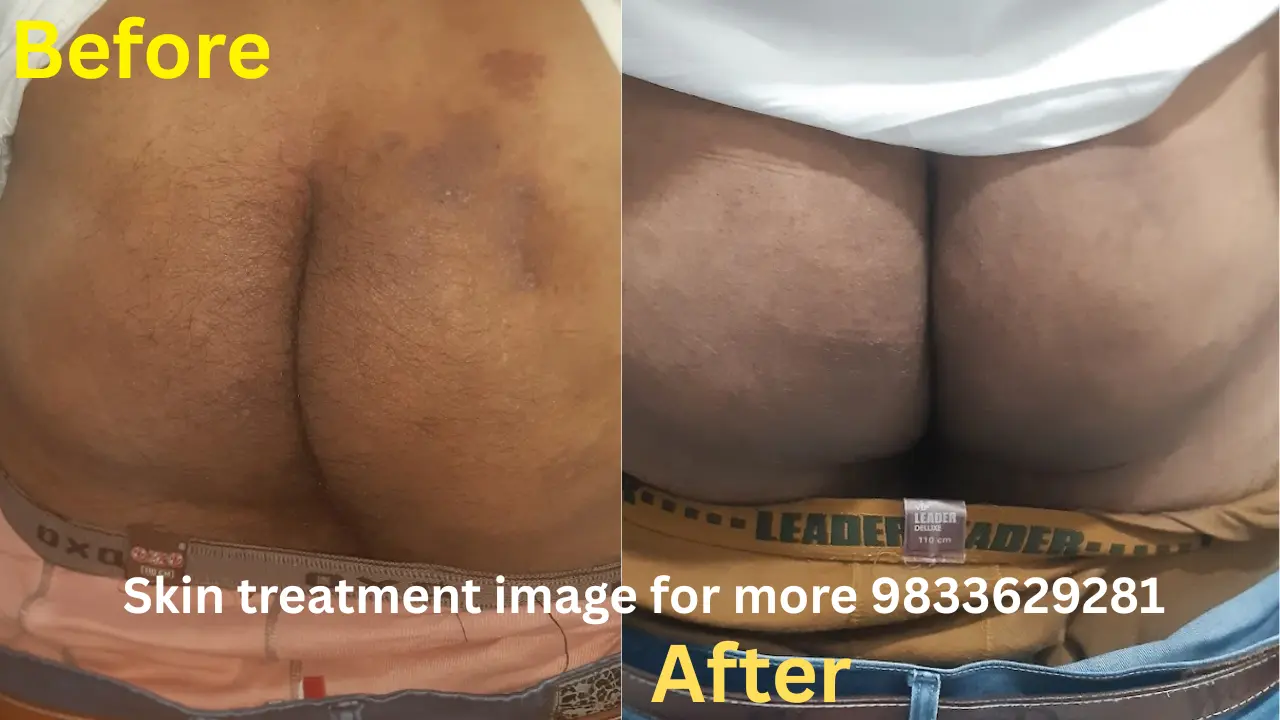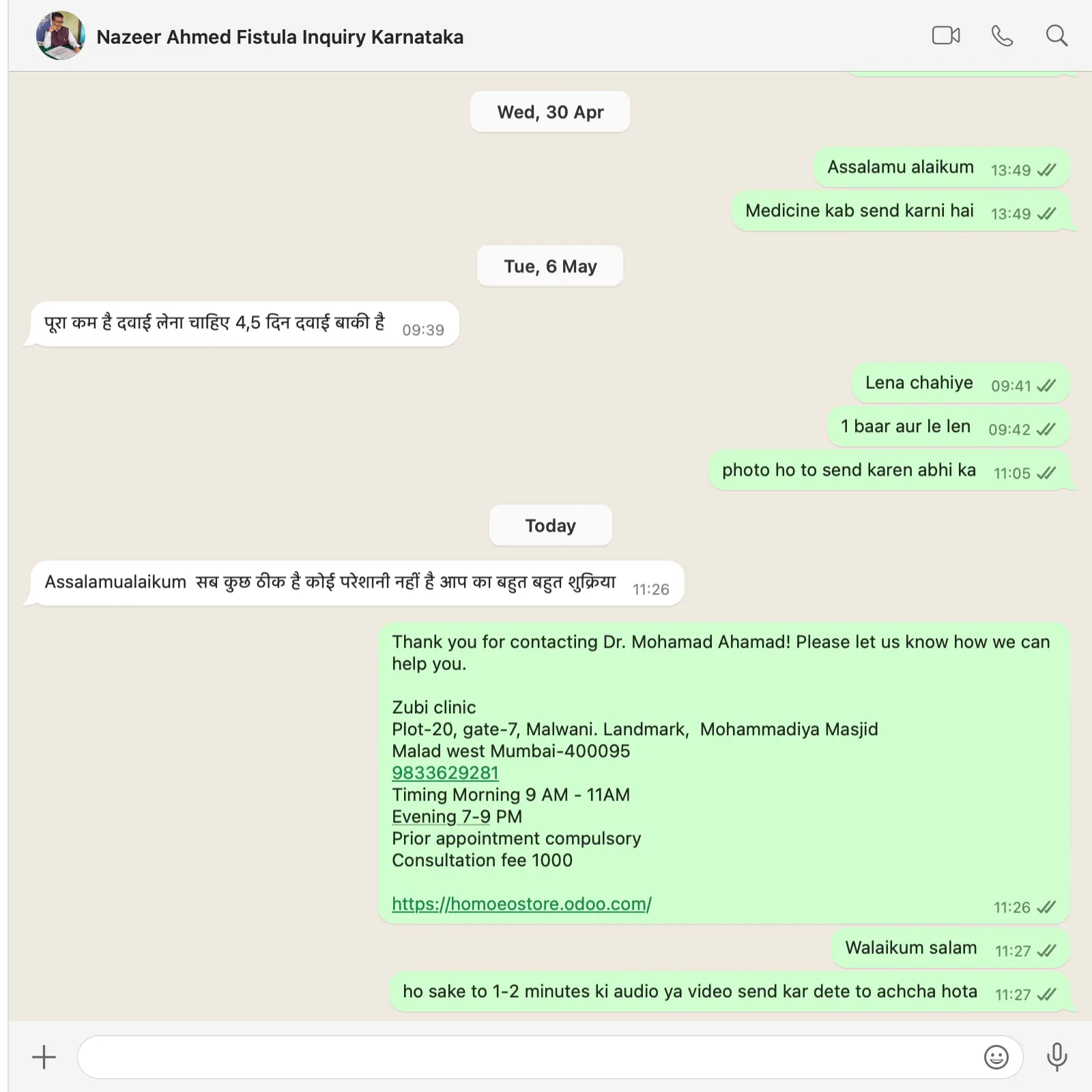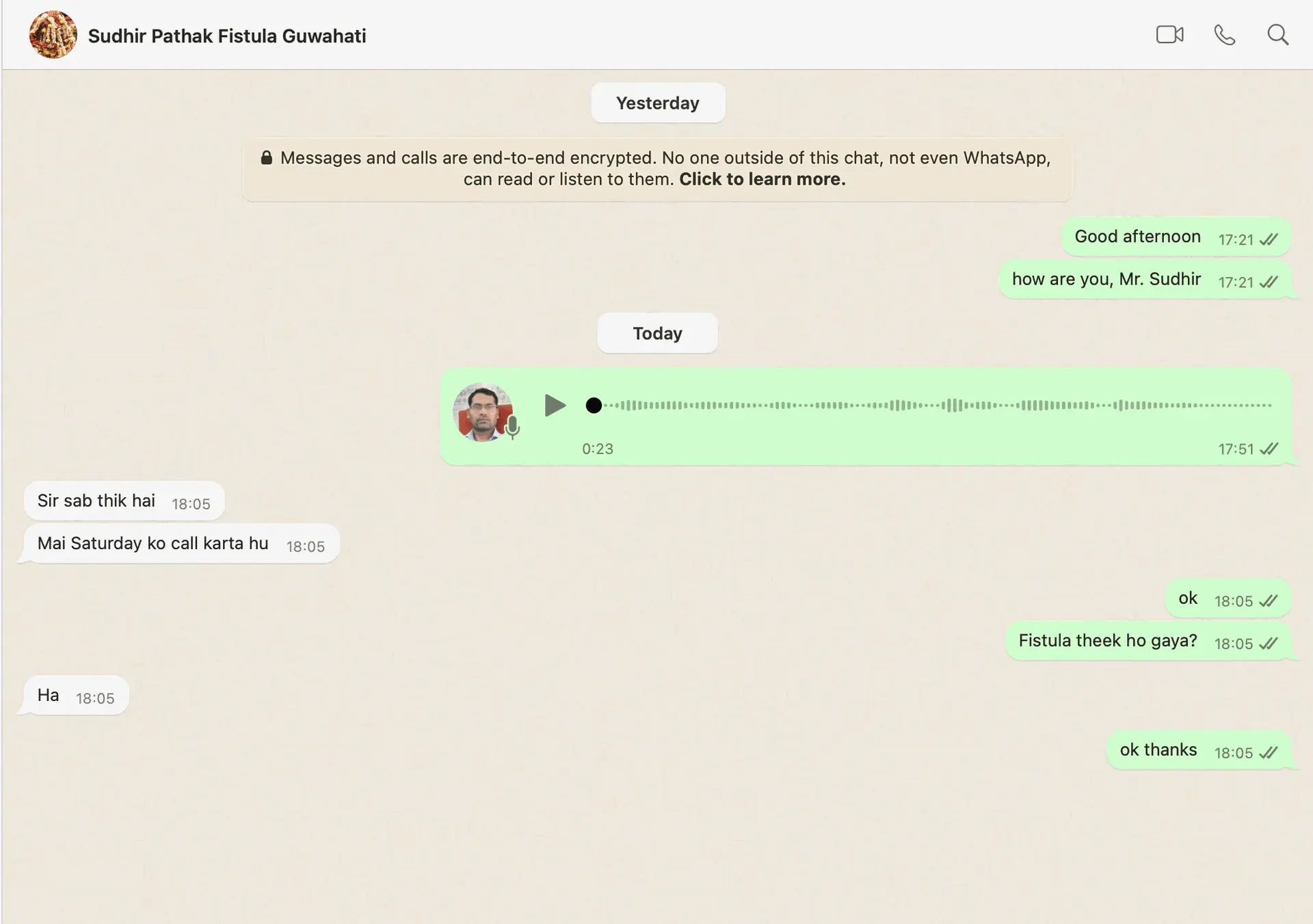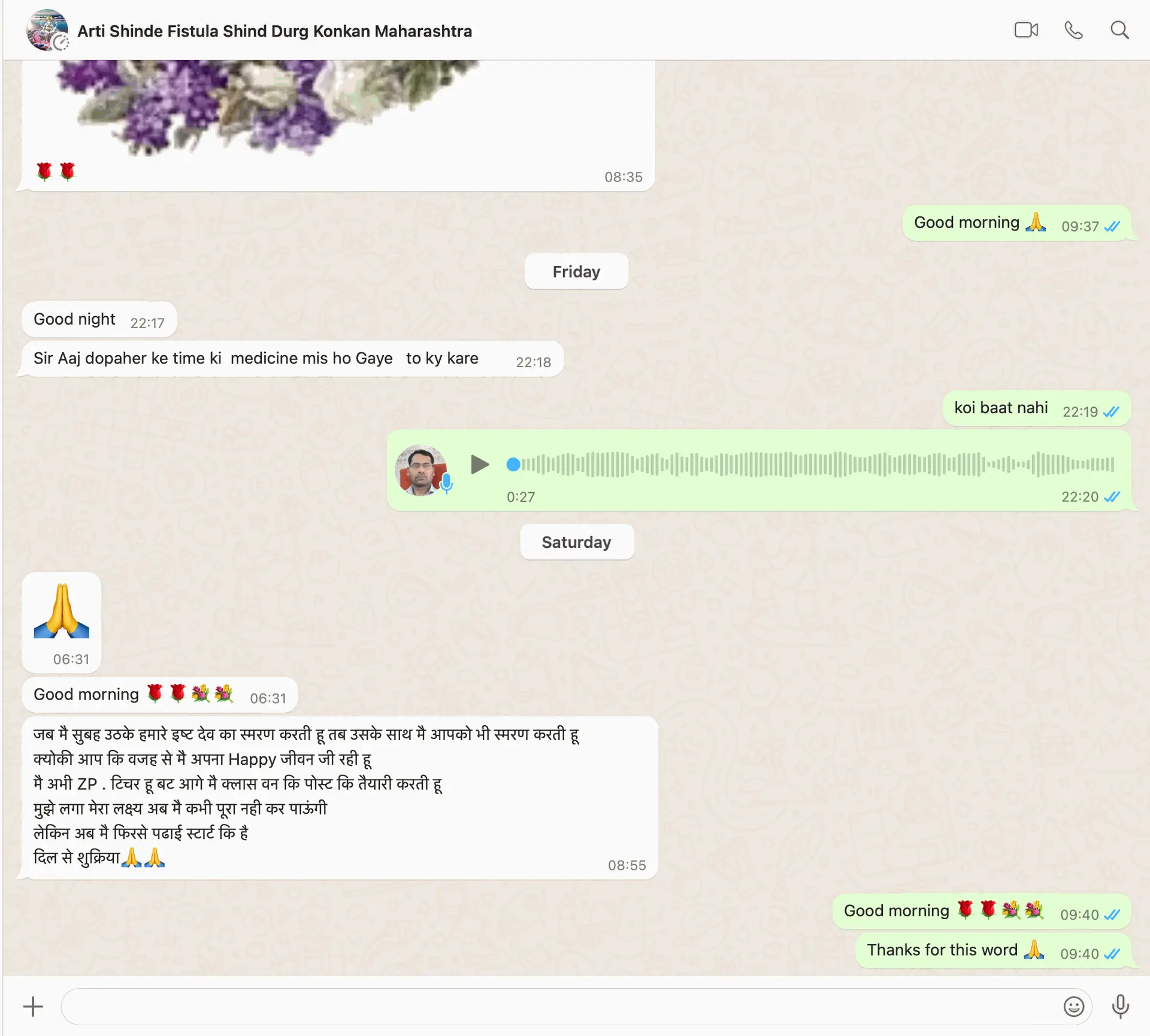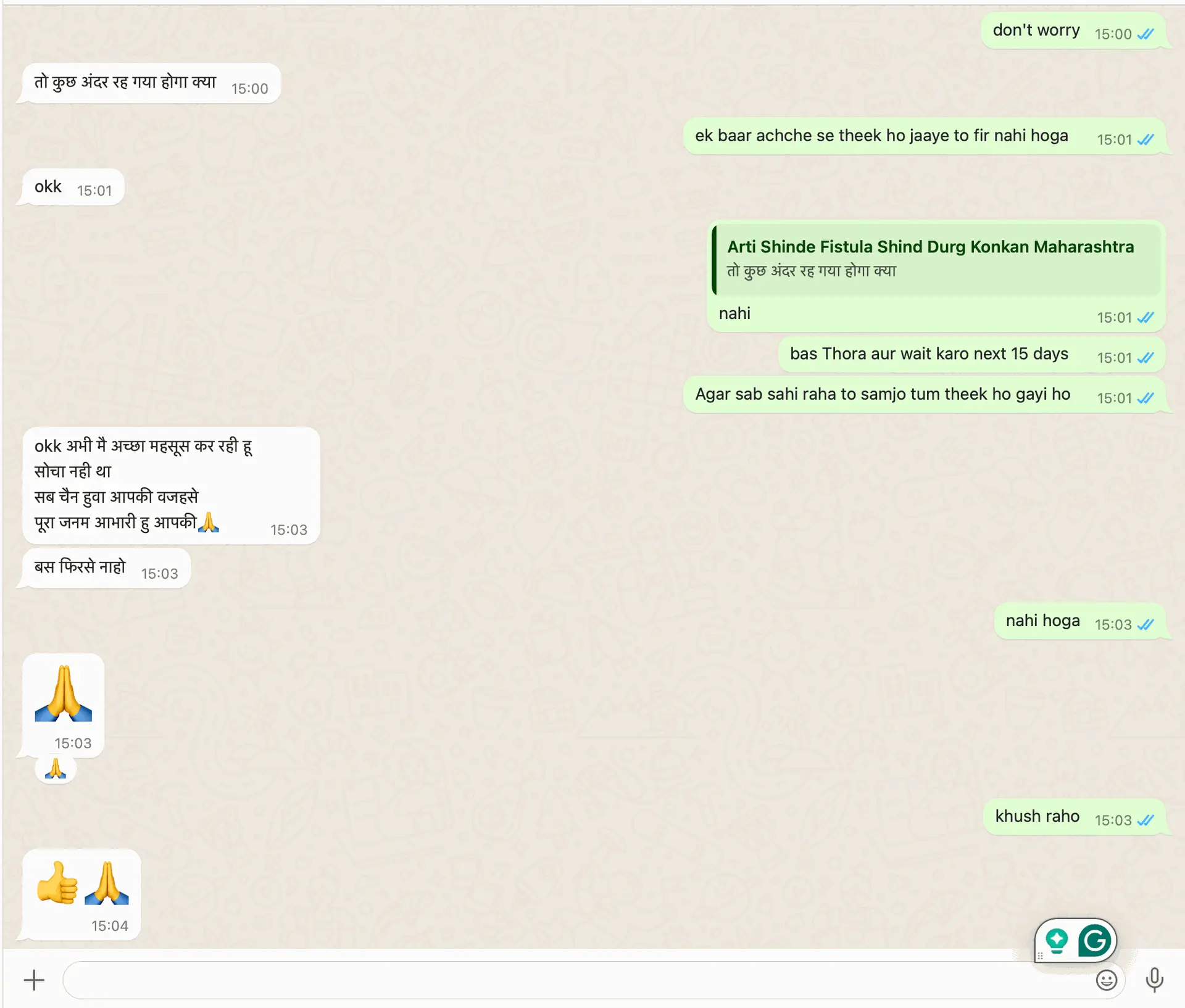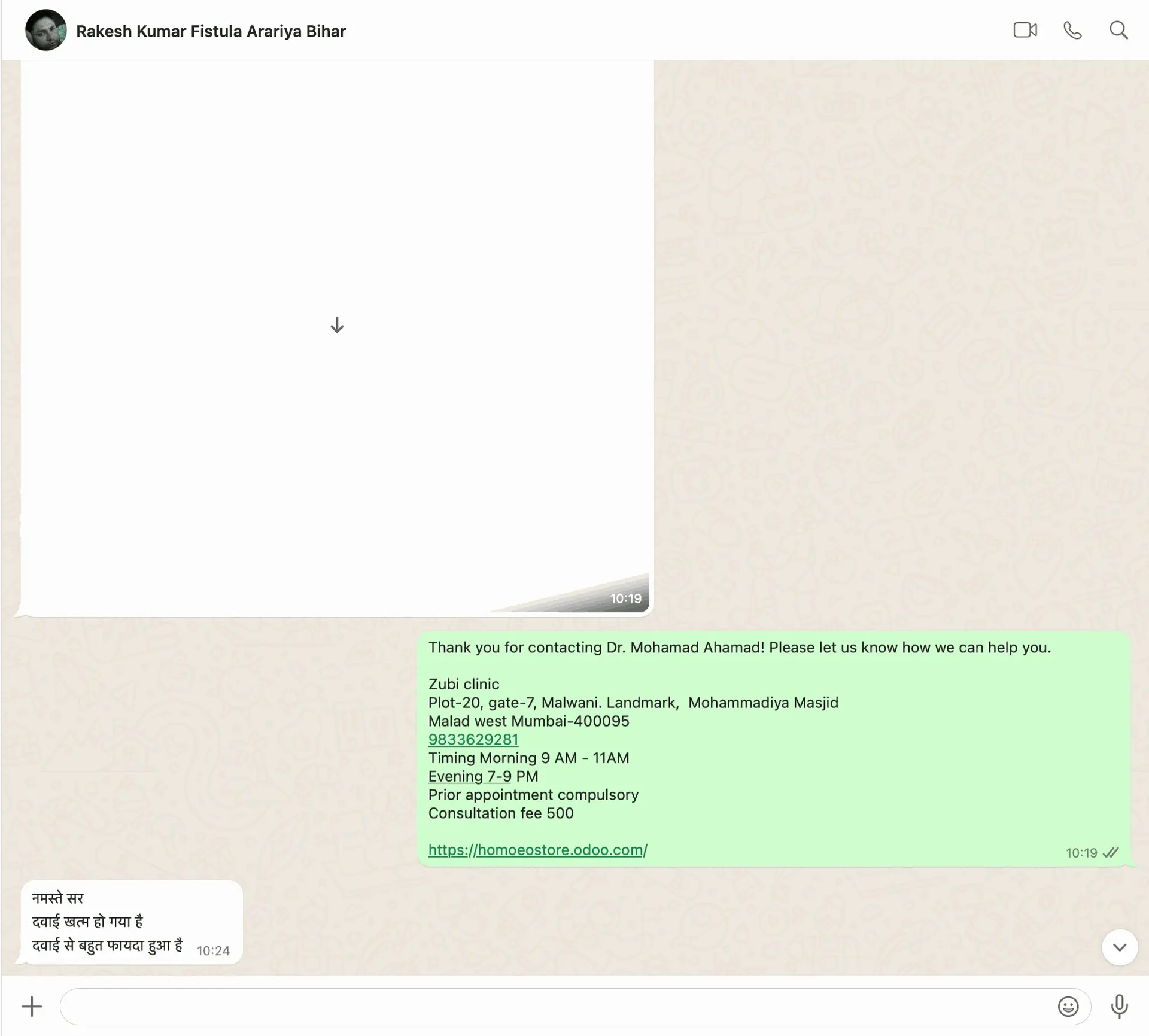Exploring the Ancient Art of Acupuncture: A Path to Holistic Healing
Acupuncture, a cornerstone of Traditional Chinese Medicine (TCM), has been practiced for thousands of years. Renowned for its ability to address various physical, emotional, and mental health concerns, acupuncture offers a unique, natural approach to healing by restoring balance within the body.
What is Acupuncture?
Acupuncture involves the insertion of thin, sterile needles into specific points on the body, known as acupuncture points or acupoints. These points are located along energy pathways called meridians, which are believed to facilitate the flow of vital energy, or "Qi" (pronounced "chee"). By stimulating these points, acupuncture aims to unblock or redirect Qi, promoting harmony and well-being.
The Philosophy Behind Acupuncture
Acupuncture is rooted in the concept of balance, particularly the interplay of yin and yang—opposing yet complementary forces that influence the body’s health. An imbalance in these forces, or disruptions in the flow of Qi, can lead to illness. Acupuncture seeks to restore this equilibrium, allowing the body’s natural healing mechanisms to function optimally.
How Does Acupuncture Work?
While the traditional explanation focuses on Qi and meridians, modern science suggests that acupuncture:
- Stimulates Nerves and Muscles: The needles activate nerve endings, promoting blood flow and triggering the release of endorphins.
- Modulates Pain Perception: Acupuncture can influence how the brain processes pain, making it an effective treatment for chronic pain.
- Reduces Inflammation: The practice may lower levels of inflammation in the body, supporting healing and reducing discomfort.
Benefits of Acupuncture
Acupuncture is highly versatile and can address a wide range of conditions, including:
1. Pain Management
- Chronic conditions such as arthritis, back pain, and migraines.
- Post-surgical pain and injury rehabilitation.
2. Mental Health Support
- Anxiety, depression, and stress.
- Insomnia and fatigue.
3. Digestive Issues
- Irritable bowel syndrome (IBS), nausea, and acid reflux.
4. Women’s Health
- Menstrual irregularities, menopause symptoms, and fertility support.
The Acupuncture Experience
For those new to acupuncture, the process may seem intimidating, but it’s generally comfortable and deeply relaxing. Here’s what to expect:
- Consultation: The practitioner evaluates your health history and concerns to create a tailored treatment plan.
- Needle Placement: Thin, disposable needles are inserted into specific points. Most people feel little to no discomfort.
- Relaxation: The needles are left in place for 15–40 minutes, during which many patients experience a sense of calm.
- Follow-Up: Depending on the condition, multiple sessions may be recommended for optimal results.
Acupuncture: Myths vs. Facts
As with any ancient practice, acupuncture has its share of misconceptions. Let’s address some common myths:
- Myth: Acupuncture is painful.
- Fact: The needles are extremely thin, and most patients report minimal to no pain.
- Myth: It’s unscientific.
- Fact: Numerous studies validate acupuncture’s effectiveness, especially for pain management and mental health.
- Myth: It’s only for physical ailments.
- Fact: Acupuncture benefits emotional and mental well-being as well.
Is Acupuncture Right for You?
Acupuncture is generally safe when performed by a licensed practitioner. It’s suitable for people of all ages and can be used alongside conventional treatments. However, it’s essential to:
- Consult a Professional: Work with a trained acupuncturist to ensure safe and effective treatment.
- Discuss Medical History: Inform your practitioner about existing conditions or medications.
Embracing Acupuncture for Holistic Health
Acupuncture is more than just a treatment—it’s a journey toward harmony and balance. Whether you’re seeking relief from chronic pain, emotional stress, or simply looking to enhance your overall health, acupuncture provides a natural and effective pathway to well-being.
As this ancient practice continues to integrate with modern medicine, its benefits are becoming more widely recognized, making acupuncture a valuable tool in the quest for holistic health.
